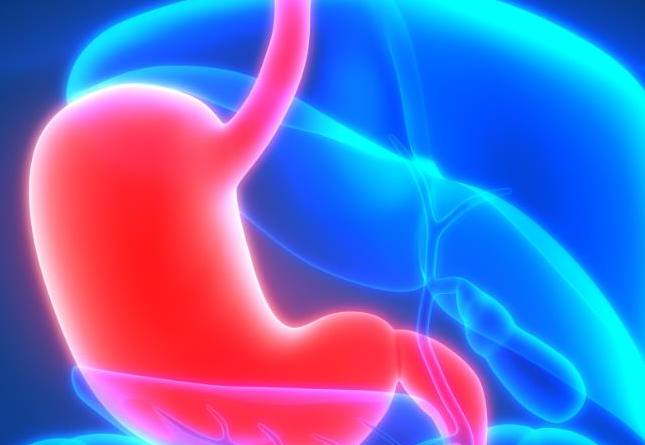
Four tips to help you recover faster
If you experience symptoms of gastrointestinal illness while traveling, you should seek medical attention immediately and strictly follow your doctor's instructions and recommendations.
The doctor will give the appropriate treatment plan and dietary recommendations based on the specific condition, which may include medication, rest and special dietary adjustments. We must strictly follow the doctor's instructions, take our medicine on time, and adjust our diet to promote a speedy recovery of the body.
- Recommend porridge, steamed eggs with vegetables, easy to digest and stomach friendly
During gastrointestinal disease, the function of the digestive system will be affected, so we should choose light, easy to digest foods to reduce the burden on the stomach.
These foods should be low in fat, low in stimulation, and easily absorbed by the body.
For example, we can choose porridge, noodles, steamed eggs and so on as staple foods, these foods are not only easy to digest, but also can provide the energy needed by the body.
At the same time, it can be paired with some light vegetables, such as broccoli, carrots, etc., to provide vitamins and minerals.
In addition, a moderate amount of lean meat and fish is also a good choice, they are rich in high-quality protein, help repair damaged gastrointestinal tissue.
- Avoid stimulating food, drink less coffee, tea, wine, etc
During gastrointestinal diseases, we should avoid eating greasy, spicy, cold and other irritating foods. These foods may irritate the stomach lining, increasing inflammation and making the disease worse.
Therefore, we should stay away from fried food, chili, cold drinks, etc., and minimize the intake of coffee, tea, wine and other stimulant drinks.
At the same time, we should avoid excessive intake of sugar and salt, so as not to increase the burden of the body.
- Eat small, frequent meals during illness to avoid excessive hunger or overeating
During gastrointestinal disorders, our digestive function may be affected, so we should adopt a small, multi-meal diet to avoid eating too much food at once and causing stomach upset. The amount of food at each meal should be moderate to avoid excessive hunger or overeating.
At the same time, we should pay attention to eating slowly and chewing food fully to reduce the digestive burden on the stomach. In addition, avoid lying down or vigorous exercise immediately after meals, so as not to affect digestion.
- Pay attention to water supplement, recommend warm water, light salt water, etc
Diarrhea is a common symptom of gastrointestinal illness and can easily lead to dehydration.
Therefore, during the disease, we should pay special attention to the supplement of water in order to maintain the normal metabolic and physiological functions of the body.
In addition to drinking warm water, we can also drink light salt water or sports drinks in moderation to replace the electrolytes lost by the body. Drinks containing caffeine or alcohol may worsen the symptoms of dehydration.
In addition, we can also eat some water-rich fruits and vegetables, such as watermelon, grapes, cucumbers, etc., in order to supplement the water and nutrition needed by the body.

